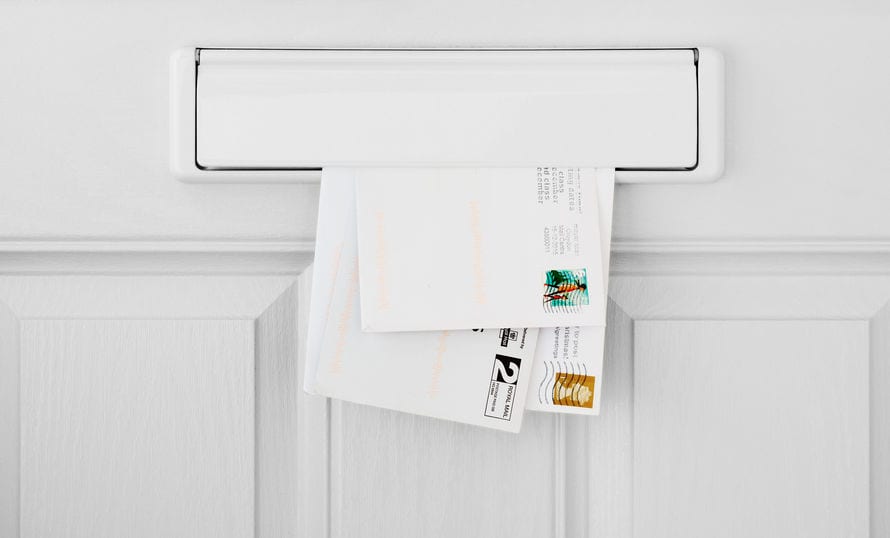IRS notice CP504 is also known as a Final Notice of Tax Balance Due and Intent to Levy. The IRS sends a CP504 notice when you still have an unpaid tax balance and haven’t responded to earlier tax balance due notices (CP14, CP501, CP503).
The purpose of the CP504 notice is to let you know that the IRS intends to take aggressive measures to collect your back taxes. These collection actions include garnishing your wages, levying your bank account, or placing a lien on your home or other assets.
What Is a CP504 Notice and Why Did I Receive It?
IRS CP504 is a notice to inform you that the IRS plans to levy your personal accounts or place a lien on your property to settle an unpaid tax debt. You received a CP504 notice because you still haven’t paid what you owe the IRS and they never heard from you after sending prior notices about your ongoing tax debt.
What Should I Do When I Receive a CP504 Notice?
When you receive a CP504 notice, you need to pay the unpaid taxes or respond to the IRS right away. They are not bluffing when they say they are going to start searching for assets to levy or place liens on.
The simplest — but not always the most feasible — way to stop this from happening is to pay the full amount you owe the IRS. If your financial situation makes this impossible, you still shouldn’t ignore the CP504 notice, as your tax debt will only snowball.
Instead, contact the IRS immediately, let them know of your current financial situation, and try to arrange a payment plan or settle with an Offer in Compromise. It will almost certainly be cheaper and less burdensome than having your wages or bank accounts levied.
How Much Time Do I Have to Respond to My CP504 Notice or Pay My Tax Balance?
You should respond or pay your balance immediately. The CP504 notice will include a payment due date, after which the IRS reserves the right to levy your accounts or garnish your wages if you haven’t paid and they haven’t heard from you. The sooner you respond, the better. Typically, the IRS gives you a maximum of 30 days to respond to a CP504 notice.
What If I Don’t Respond to My CP504 Notice or Pay My Tax Balance?
If you don’t respond to your CP504 notice or pay your tax balance due, the IRS will make good on its promise to take aggressive collection actions, up to and including property liens, wage garnishment and bank account seizure. That’s why it is imperative to respond to the CP504 notice right away.
What If I Receive a CP504 Notice and Can’t Pay the Full Amount?
If you can’t pay the amount you owe in your CP504 notice, you should still contact the IRS immediately, as you have a number of Fresh Start Program tax relief options to avoid liens and levies without straining your finances. If you have a true financial hardship, the IRS will consider an Offer in Compromise (OIC), in which you can settle your tax debt for less than you owe, sometimes by a significant amount.
You can also set up an IRS installment agreement and pay your tax debt in manageable monthly payments. A tax professional can help you navigate the different relief programs and find the one that’s best for you.
How Do I Appeal My CP504 Notice If I Disagree?
The IRS isn’t always correct that a taxpayer owes back taxes. If you receive a CP504 notice but believe your taxes are paid, you need to contact the IRS quickly and file a dispute. The easiest way to do this is to call the toll-free number listed on the CP504 notice.
How Can Wiztax Help?
The key is to get started. Ignoring these notices makes everything more complicated. Call us today at (866) 568-4593 to learn more about how we can help, or start here to take our free online evaluation. Regardless, we promise to save you thousands in fees.
6 Simple Questions. Free Evaluation.
Join our Newsletter
Enter your email address to join our free newsletter. Get all the latest news and updates.

